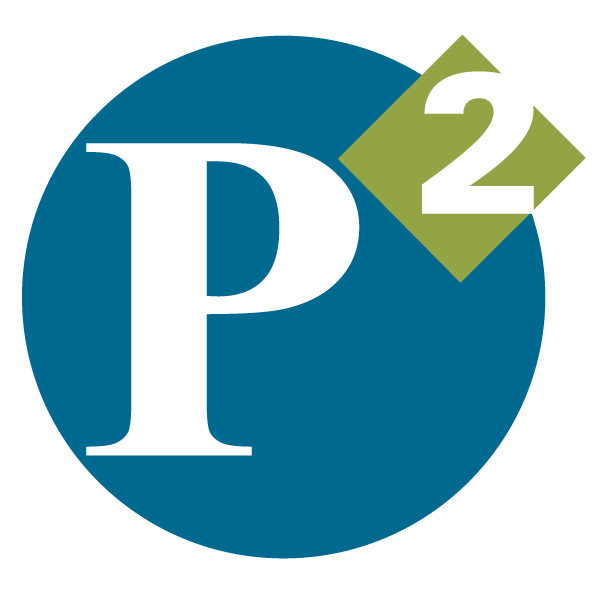Menu
Log in
NATIONAL POLLUTIOn pREVENTION rOUNDTABLE |
NPPR Member Area
If you are an NPPR Member, please login to continue to the page you have requested. To become a member please click Join Us from the top menu. If you need help please email admin@p2.org.
Contact Us: | Mailing Address: NJDEP Bureau of Sustainability Mail Code 401-02H 401 East State St. Trenton, NJ 08625-0420 Attn: Laura Henne |
Powered by Wild Apricot Membership Software
